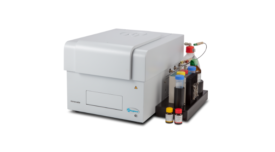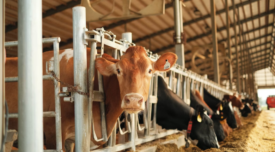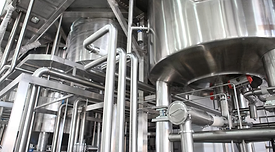Dairy/Eggs
Cracking the Code for High-Quality Eggs: Ensuring Proper Egg Handling and Storage
Many factors can influence the microbial, physical, and functional qualities of eggs through each phase from production to the end user
October 5, 2023
Never miss the latest news and trends driving the food safety industry
eNewsletter | Website | eMagazine
JOIN TODAY!Copyright ©2024. All Rights Reserved BNP Media.
Design, CMS, Hosting & Web Development :: ePublishing










